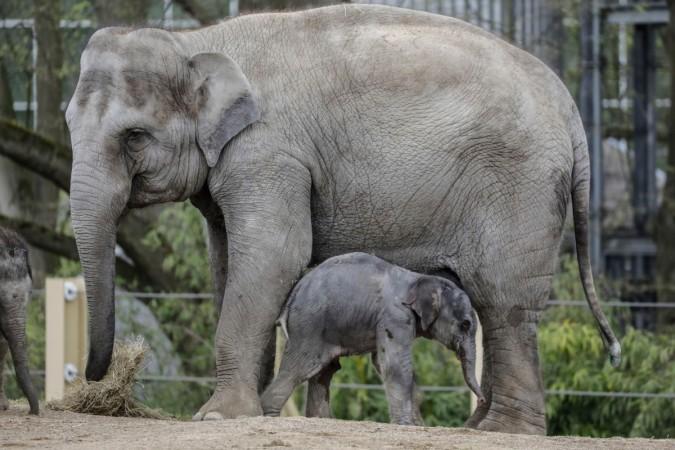Officials of Tamil Nadu forest officials and Kerala's Palakkad railway division have agreed to erect electric fences in vulnerable stretches in railway tracks between Kanjikode and Madukkarai to prevent elephants from crossing the track.
This is following tensions between the two sides after three elephants, including a six-year-old calf, were killed by a speeding express train at Navakkarai in Madukkarai on Friday night. The forest department had registered a case under Section 9 of the Wildlife Act against two Loco Pilots of the Mangalore- Chennai express train that hit the elephants.

Following this, five Tamil Nadu forest department officials, who reached the loco shed at Palakkad railway division to take possession of the microchip that records the speed of the train, were stopped by the Railway employees union and the loco pilots union. The issue was resolved after high-level intervention of the top officials of the two departments.
Tamil Nadu Forest department had taken a cue from the effective electric fencing at Nagarahole forest of Karnataka to prevent elephants from entering fields. It will also seek the support of the forest department of Kerala along with the Southern Railway, Palakkad division to implement electric fencing in the vulnerable stretch from Kanjikode to Madukkarai.
Eleven wild elephants, including calves, have died after being hit by speeding trains since 2016.
Railways, according to Tamil Nadu forest officials, will provide old rails for the fences and a 25 km stretch between Kanjikode and Madukkarai stations and is expecting to get a grant from the Tamil Nadu state government for the expenses for installing the fence.

Tamil Nadu forest department will also be employing night watchmen in the stretch for day and night patrolling in both -- Track A where the accident occurred and Track B. Three watchmen will be posted during day duty while six watchmen will be on night duty.
Forest department officials said that generally trains during night are operated in track B while track A was used for day travel. A senior official of the forest department said,
"Till fencing is over the watchmen will dissuade the elephants from travelling in rail track and we cannot afford any more elephants to be mowed down by speeding trains."











